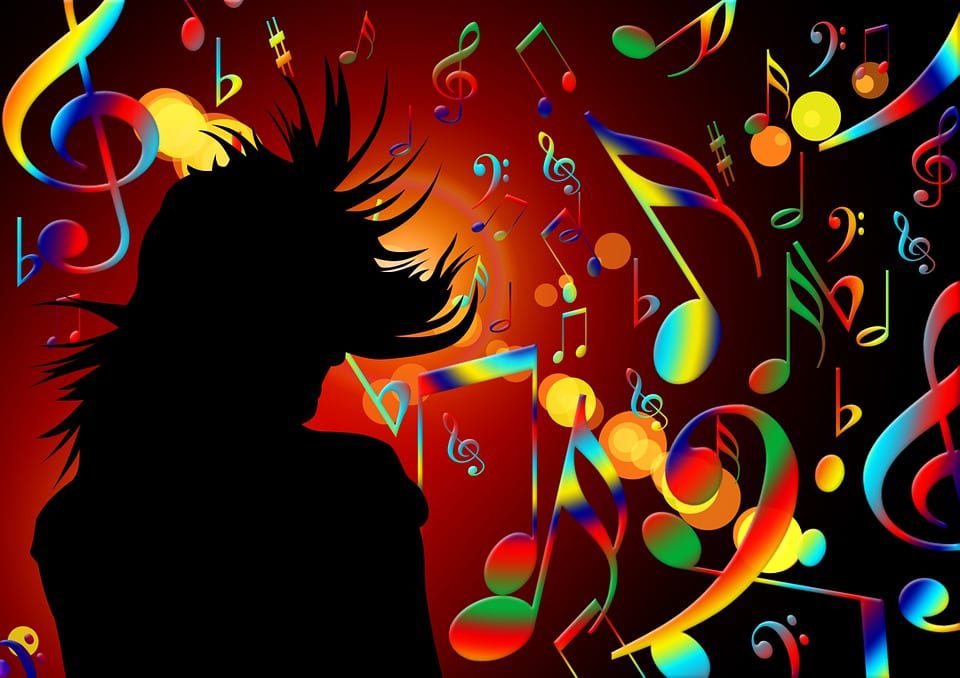
Neuroeducation is playing a key role in the future of education, where the curriculum is based not just on teaching subjects but on preparing brains for learning. Research over the past several years has strongly identified links between language and music within the brain.
Music instruction, in particular, can directly impact and improve a child’s ability to learn. Learning music through intensive and repeated exercises can actually prepare a child’s brain for learning by increasing higher cognitive functions such as attention, focus, memory, and problem-solving.
A child’s ability to learn and process language is also greatly improved by preparing the brain to learn through learning music. Several studies have used updates in neuroscience and brain scanning to identify the effects of music education on the brain in people of all ages. In children, music lessons were shown to stimulate neural pathways in the left hemisphere, where language development is known to take place.
It is important to note the difference between passive listening to music and music education. This is a huge leap from the once-popular Baby Einstein videos, which were thought to passively affect a child’s brain development through exposure to classical music. Research has shown that passive listening to classical music can have an increased effect on productivity on repetitive tasks, but does not in any way have the same effect on the brain as learning to play or compose music.
Schools should be using this research to enhance the early education of children; instead of playing classical music and hoping that it will improve a child’s cognitive functioning, teachers could be teaching mini-lessons on music before or during language classes. Music education should be just as important as time spent on Math and Literacy.
Music can easily be incorporated into many curriculum areas. Research has also shown (and I’m sure many of you can relate) that music and songs can also dramatically improve our ability to memorize information. By actively engaging and including students in the creative process of writing songs, for example, or choreographing dances to describe scientific concepts or turning points in history, teachers can positively improve the cognitive functioning of their students, and thus, their ability to learn.
For more educational posts visit our Educational Posts Page
To keep up with new blog posts you can follow us on Facebook or Instagram
Or, sign up for our newsletter below for school updates.
Get updates on new classes, hosted events, and more.










